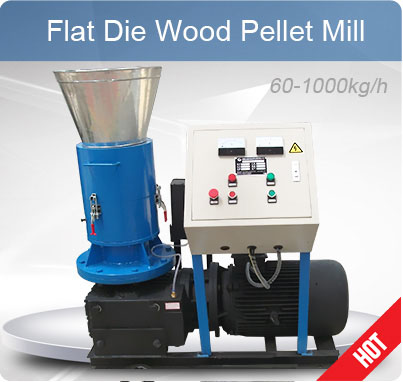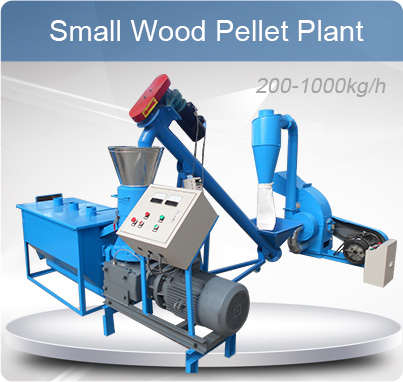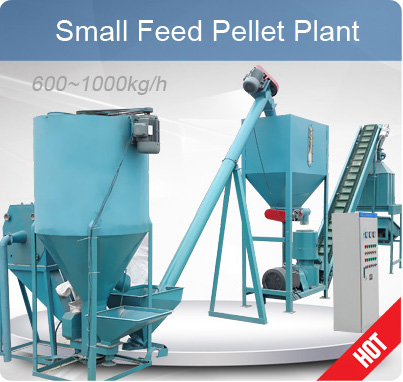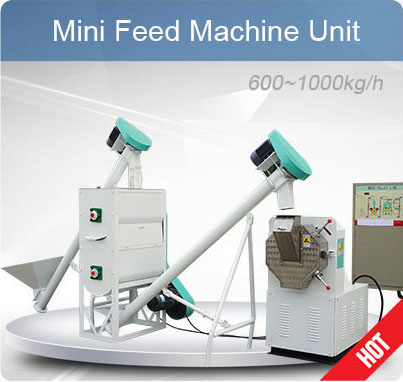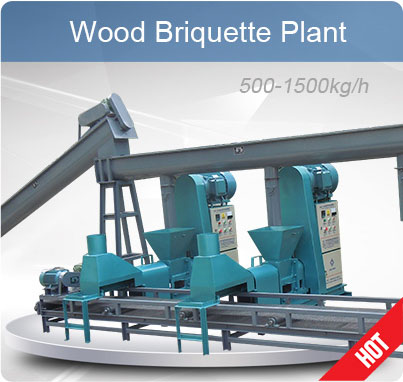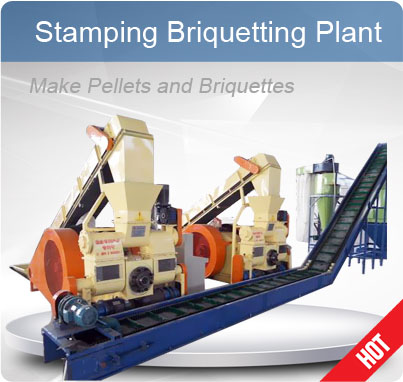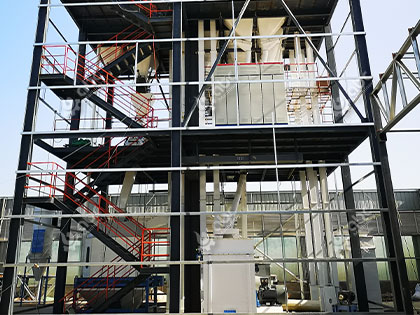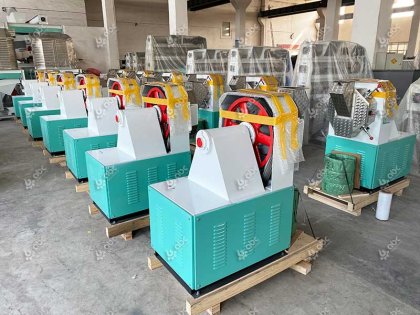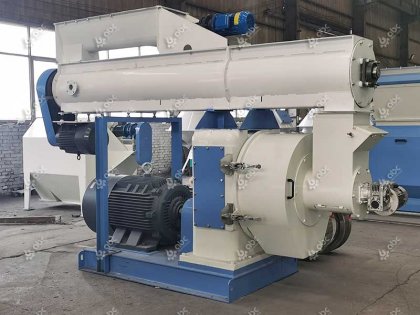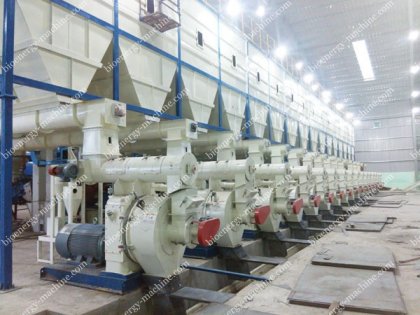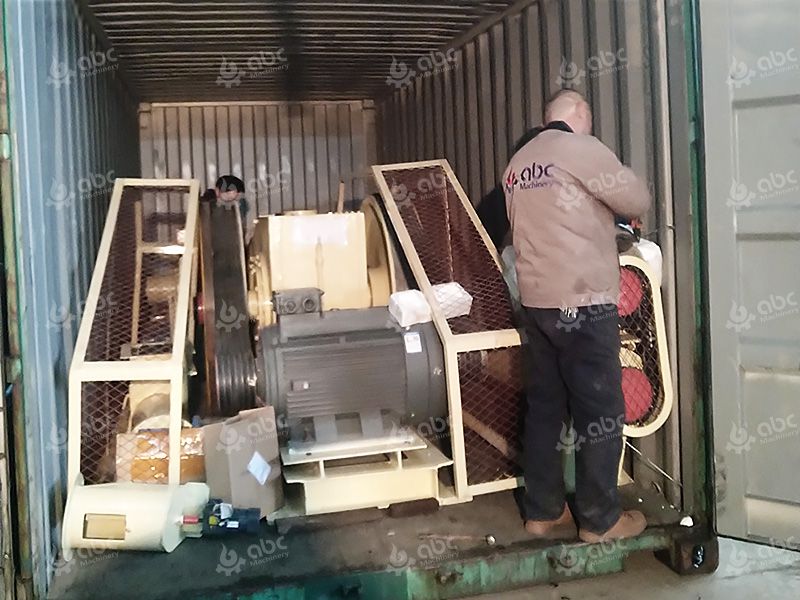Due to the cruel effects of climate change, people are now making conscious efforts to find a more sustainable and renewable energy fuel. It pushes us to discover a more viable option other than using fossil fuel.Studies have proved that by using palm fiber briquettes as a substitute for biochemical fuels, we can minimize our carbon footprint.

Make Palm Fiber Briquette
Raw material fiber briquettes are usually used in industrial combustion to generate electricity. Nowadays, the benefits of Palm Fiber Briquettes are not only limited for industrial use. Because it is economical and has a high capacity to retain heat, it is now being used for residential purposes such as biomass stoves, gardening, room heater and fire grill. And unlike other fuel sources, Palm Fiber Briquettes are easy to handle and stored.
Palm Fiber Is Easily Available
Palm Fiber Briquette is also a viable alternative as it cost less than using coal, diesel or natural gas for industrial boilers. Researchers also predict that PALM FIBER BRIQUETTE cost would like to fall further in the incoming years due to the advancement of technology and mass production. Palm fibers are larger than Palm kernels and can be easily be transform into briquette. Unlike other biomass materials such as rice husk, tobacco waste, used paper soybean bran, wheat stalk, peat, sawdust, peanut shell and bamboo dust, palm fiber is easily accessible. In other words, as long as there are palm trees we can produce biofuel. Luckily, palm trees are abundantly available in tropical regions such as Southeast Asia and South America and China. Particularly, Malaysia, the second largest palm oil producer is now catering the demands for Palm Fiber Briquette. It is developing an advance technology to improve and enhance the PALM FIBER BRIQUETTE’s power of combustion. Therefore, we can be assured that PALM FIBER BRIQUETTE is here to stay.
Palm Fiber Briquettes Making Machine for Sale
Palm Fiber Briquette is a natural by-product of palm oil extraction process. It is made up of palm fiber, empty fruit bunch, and palm kernels. The manufacturing process of PALM FIBER BRIQUETTE can be extensive. It starts from grinding and drying of palm biomass of its moisture. Thereafter the feedstock is then mixed with the palm biomass and it is then densified by palm fiber briquette machine to form a briquette. Higher density is imperative in the process to improve the combustion efficiency of the briquette. For added value, some manufacturers added carbonization in the process to improve the quality of briquette and increase thermal value.
Obtaining Method and Processing of Palm Fiber Fuel
In Southeast Asia, palm oil production is an important industry. Both Malaysia and Indonesia have the largest oil palm plantation areas in the world, and the oil palm industry has become their pillar industry.
Considering that palm fiber has the advantages of large resources, long-term stable supply, high calorific value, environmental protection, easy availability, and low cost, many biomass fuel suppliers around the world use it as fuel for power plants. However, due to the light weight of palm fiber The volume is large, in order to facilitate transportation and reduce costs, the fuel needs to be processed into biomass briquette and then transported.
Palm fiber has a large volume, and the pre-treatment of pelletizing into fuel is to reduce the volume size first, squeeze out part of the water, and do sufficient pretreatment for the next pelletizing process.
The palm fruit needs to be crushed into small particles first. This requires a crusher suitable for crushing palm husks. The palm husk crusher can deliver the conveyor belt. First place the material on the feeding conveyor belt, and then transport the material to the crushing machine silo, start the crusher, and crush by the cutter shaft roller to obtain small palm husk pellets with a discharge of 6mm to 10mm. The palm husk particles still contain a lot of water after being squeezed, and the water needs to be removed with a dryer first. After drying, the palm husk particles have a water content of <15%, and then they are pressed into a briquette.
Crushers, dryers and briquetting machines are the core equipment of the system process.The price of a complete 1ton/h screw briquetting machinery unit is about 29999~49999 USD.
Video of 1ton/hour Palm Fiber Screw Briquetting Unit
Palm fiber and palm empty fruit bunches are very rich in resources in Malaysia, Indonesia and other places, which can be described as "piling up like a mountain". As long as the collaborative planning is reasonable, this kind of high-quality biomass fuel energy with high calorific value, easy access, low cost, and environmentally friendly gets a wide and stable supply.
In conclusion, Palm Fiber Briquette is our answer to the long-standing environment issues. It is a safe, economical and effective way of producing electricity. It minimizes carbon footprints but does not limit our potential to industrialization. More and more countries are now switching to this miracle energy source and you can be guaranteed that Palm Fiber Briquette will make its way to the top of the sourced of energy in the near future.






